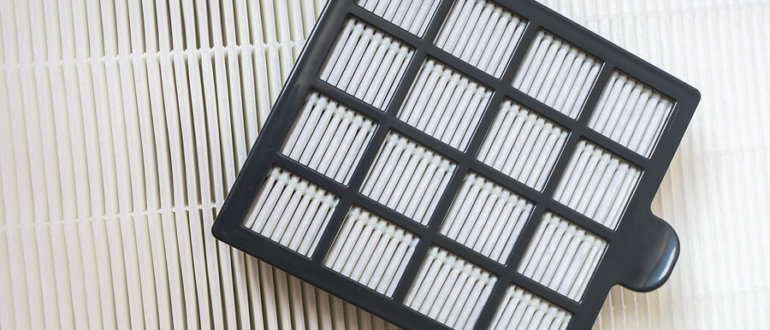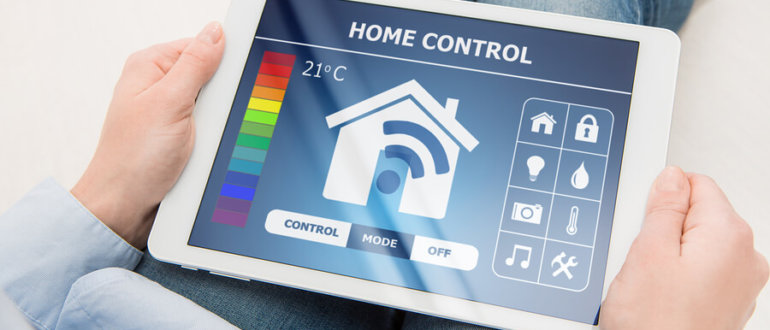How to Determine the Best Air Filter For Your HVAC System
You may not realize it but when it comes to your heating and cooling systems, the most important component is your simple air filter. The filter cleans incoming air before it is temperature controlled and distributed throughout the house. Because your filter is the first line of defense in protecting your Philadelphia HVAC system, filters should be changed once a month.
Two Important Functions
Your air filter has two important functions. One is to protect your system from dust or other particles that can cause wear and reduce efficiency. The second purpose is to keep any dust, allergens, pollutants, or even pet dander from being distributed inside your home. In this way, it not only helps your system condition the temperature of the air but also protects your interior air quality. There are filters that are designed to do one better than the other.
Air Filter Classifications
Air filters are classified by their type and their minimum efficiency reporting value, or MERV rating. The MERV rating specifically deals with the filter’s ability to remove particles and pollutants from the air. The higher the rating, the better it performs in keeping air quality at its best.
Disposable Filters
Disposable filters are the most inexpensive filters. They utilize fine fiberglass or polyester mesh to remove particles that are coming in from the air. These will typically have the lowest MERV rating of between 1 and 4 and are specifically designed to protect your system.
Reusable Filters
Although these types offer about the same MERV rating as disposable filters, there is a cost savings associated with these because they can be cleaned and reused. Like the disposable filters, these filters are designed to primarily protect your system.
Pleated Filters
Pleated filters use fiberglass, polyester or some other synthetic folded into pleats. This serves to increase the surface area of the filter in order to remove more particulates. The MERV rating on these is between 5 and 13. These provide a bit more air quality filtering capability than typical disposable filters.
Electrostatic Filters
Electrostatic filters utilize an electric charge in order to attract airborne particles as they pass through. With this added feature, they have a higher MERV rating at about 15. But electrostatic filters are not compatible with all HVAC systems.
HEPA Filters
HEPA filters are the most effective for air quality. With a MERV rating of between 17 and 20, these filters have been shown to remove over 99 percent of air contaminants. But these are typically too restrictive for normal home HVAC use. They are much more expensive and require a far greater amount of air pressure in order to force air through.
Which is the Best One for You?
For the typical homeowner, an air filter with a MERV rating of 8 to 10 should be sufficient for a home system. Although more high-efficiency filters remove larger quantities of airborne particles, the typical household HVAC system is not compatible and may be taxed when using these. The best way to determine which filter is best for your system is to check your owner’s manual or consult with a Philadelphia HVAC repair technician.
Is a Smart Thermostat a Smart Choice For You?
Smart technology is all the rage. And smart thermostats are one of the ways that smart technology has made its way into our homes. Could your family benefit from a smart thermostat? Let’s take a look.
What is a Smart Thermostat?
A thermostat allows you to adjust the temperature in your home. Many homes already have programmable thermostats that allow you to set your thermostat to allow that temperature to adjust for given times of the day or days of the week. Smart thermostats are now one of the leading smart home applications today and Philadelphia AC repair technicians are installing more of them than ever before. So, what can a smart thermostat offer that your basic programmable thermostat can’t?
What is the Difference?
Basically, a smart thermostat connects to your WiFi and can be controlled by your smartphone app. But not only can you control your home’s thermostat anywhere and at any time, but some smart thermostats learn your patterns and behaviors. It can also let you see your home’s energy consumption and can even adjust things like the humidity in your home. Some models even have Alexa service built into the unit. Having your thermostat order groceries takes the “smart” even one step further.
Real Time Information
Most smart thermostats enable you to see how long it will take to make the temperature change you’ve requested and allows you to understand how effective your system really is. It will also discourage those family members who may always adjust the thermostat excessively whenever they are feeling particularly hot or cold. The ease of controlling your temperature remotely is very convenient when on vacation and need to adjust the temperature for your return.
For the average consumer, smart thermostats can offer:
- Energy savings
- Peace of mind
- Convenience
Energy Savings
Having a smart thermostat can save energy. Recent tests show that smart thermostats can realize a savings of about $50 annually or more.
Peace of Mind
With your ability to monitor the energy usage in your home, you will have an idea of what is going on at all times. This can be a great tool for parents and frequent travelers.
Convenience
The ability to control your home’s temperature at any time from your smartphone enables you to come home to comfort no matter when that is.
Installation
Some thermostats are designed for the DIY enthusiast including all the necessary tools and access to installation videos, but research indicates that those who try to install a smart thermostat themselves usually end up calling a Philadelphia HVAC contractor.
If you are interested in having a smart thermostat installed, call the experts at Affordable Fixes LLC to ensure that it is done right. Old or new technology, we are the choice of most Philadelphia homeowners when it come to their HVAC.


